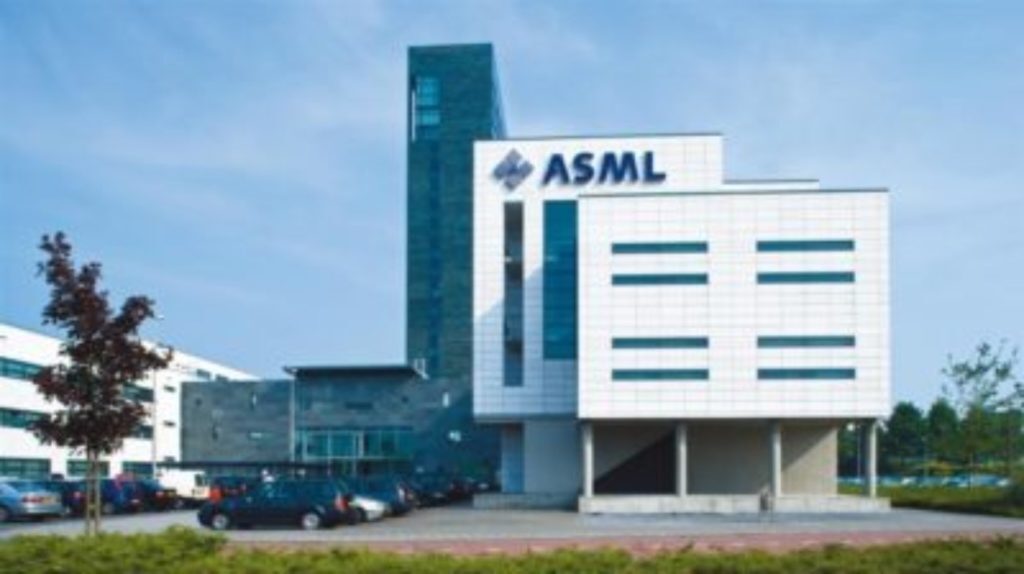The United States has requested the Dutch semiconductor company ASML to halt maintenance services for certain equipment sold to Chinese firms, presenting both diplomatic and commercial challenges for the Netherlands.
Despite the Dutch government’s hesitation to enforce comprehensive bans, its public declarations and national security considerations hint at a future where requests for maintenance from China are likely to face delays or rejections.
This situation could undermine China’s ambitions to enhance its domestic semiconductor production, as ASML’s technology is critical and irreplaceable for the industry.
Dutch Prime Minister Mark Rutte, who is seen as a potential next NATO secretary general, has had discussions with Chinese President Xi Jinping, emphasizing the serious repercussions of China’s stance towards Russia, especially considering the Netherlands’ support for Ukraine.
“It is incredibly important that China understand any victory for Russia (in Ukraine) would pose an immediate threat” to both the Netherlands and Europe, Rutte articulated, without directly commenting on the issuance of licenses to ASML’s Chinese clientele.
Xi has expressed concerns over the potential disconnection with the Netherlands, highlighting the importance of maintaining ties.
Despite claiming neutrality in the Ukraine conflict, China’s strategic alliance with Russia and the Netherlands’ accountability stance towards Russia for past aggressions adds layers to the diplomatic dialogue.
The Dutch government’s approach seems to lean towards scrutinizing export licenses to China, particularly for dual-use goods, reflecting a cautious but not explicitly prohibitive stance as seen in U.S. policy.
ASML, the largest Dutch company, is caught in the crossfire of international politics, with the U.S. looking to discuss the servicing contracts further.
The Dutch government faces a delicate balancing act, especially with the looming uncertainty of U.S. support depending on upcoming presidential elections.
On a broader scale, the issue of ASML’s servicing contracts with China is part of a larger discussion on export controls, with implications for international relations, the global semiconductor supply chain, and national security interests.
The Dutch position, emphasizing a case-by-case assessment of export licenses, underscores the complexities of navigating between technological cooperation and geopolitical considerations.
As the situation evolves, the resilience of Chinese semiconductor firms against sanctions and their ability to adapt will be closely watched, alongside the international community’s collaborative efforts to regulate sensitive technologies.
